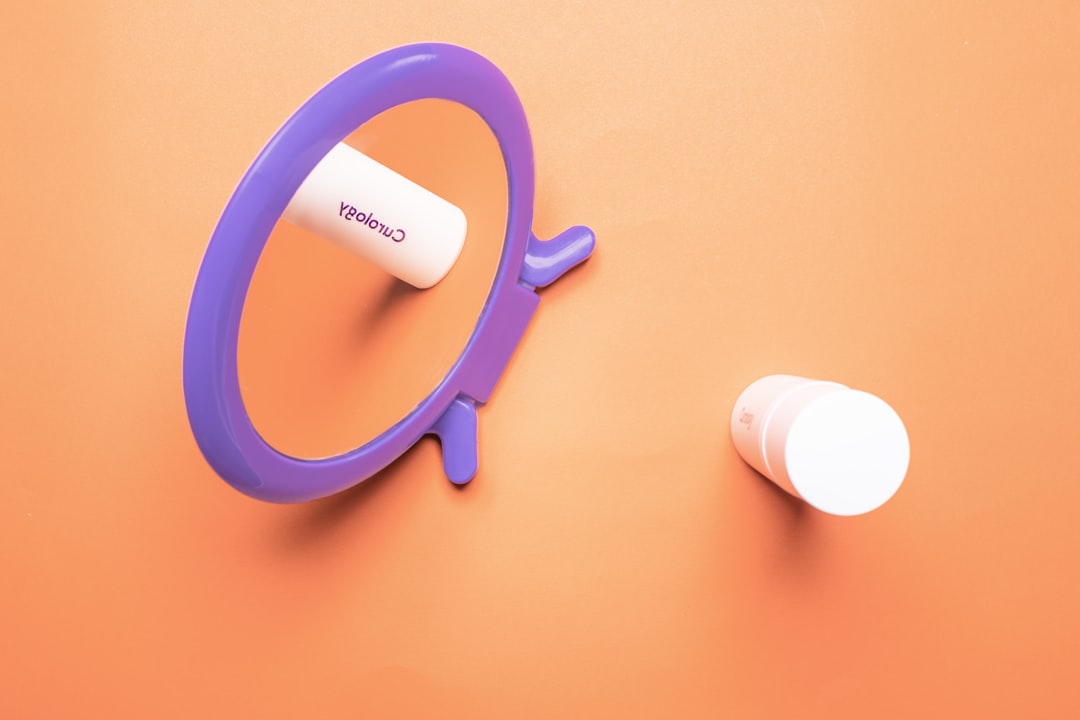
Boost Your Health: Daily Supplements to Take
In today’s fast-paced world, it can be challenging to prioritize our health and ensure that we are getting all the essential vitamins and minerals our bodies need. That’s where daily supplements come in. These supplements are designed to fill in the gaps in our diets and provide us with the nutrients we may be lacking. By taking daily supplements, we can support our overall health and well-being.
Getting essential vitamins and minerals in our diet is crucial for maintaining optimal health. These nutrients play a vital role in various bodily functions, including immune function, energy production, bone health, and brain function. However, due to factors such as poor diet, stress, and environmental toxins, it can be difficult to obtain all the necessary nutrients solely from food sources. Daily supplements can help bridge this gap and ensure that our bodies are getting the nutrients they need to function at their best.
Key Takeaways
- Daily supplements can improve overall health and well-being.
- Vitamins and minerals are essential for a healthy diet.
- Top supplements for optimal health include Vitamin C, Omega-3 Fatty Acids, Probiotics, Vitamin D, Magnesium, and Iron.
- Vitamin C is a powerful immune-booster.
- Omega-3 Fatty Acids are important for heart and brain health.
- Probiotics support gut health and digestion.
- Vitamin D is vital for bone health and immune function.
- Magnesium is a mineral that promotes relaxation and sleep.
- Iron is essential for energy and oxygen transport.
- Choose the right daily supplements based on your individual needs and health goals.
The Importance of Vitamins and Minerals in Your Diet
Vitamins and minerals are essential for overall health and well-being. They are involved in numerous bodily functions and play a crucial role in maintaining optimal health. For example, vitamins such as vitamin C and vitamin D are known for their immune-boosting properties, while minerals like magnesium and iron are necessary for relaxation, sleep, and energy production.
Deficiencies in vitamins and minerals can lead to various health problems. For instance, a deficiency in vitamin C can weaken the immune system, making us more susceptible to infections and illnesses. Similarly, a lack of vitamin D can result in weakened bones and increased risk of fractures. Deficiencies in minerals like magnesium and iron can lead to fatigue, muscle cramps, and poor sleep quality.
To ensure that we are getting all the necessary vitamins and minerals, it is important to consume a balanced diet rich in fruits, vegetables, whole grains, lean proteins, and healthy fats. However, even with a healthy diet, it can be challenging to meet all our nutrient needs. This is where daily supplements can be beneficial.
Top Supplements to Take for Optimal Health
When it comes to daily supplements, there are a few key ones that are considered essential for overall health. These supplements include vitamin C, omega-3 fatty acids, probiotics, vitamin D, magnesium, and iron. Each of these supplements provides unique benefits to the body and can help support various aspects of our health.
Vitamin C: The Immune-Boosting Powerhouse
| Vitamin C Benefits | Recommended Daily Intake | Food Sources |
|---|---|---|
| Boosts immune system | 75-90 mg | Oranges, strawberries, kiwi, broccoli, bell peppers |
| Reduces risk of chronic diseases | 75-90 mg | Kale, Brussels sprouts, grapefruit, guava, papaya |
| Improves skin health | 75-90 mg | Cantaloupe, mango, pineapple, tomatoes, spinach |
| Enhances iron absorption | 75-90 mg | Strawberries, citrus fruits, broccoli, spinach, peppers |
Vitamin C is perhaps one of the most well-known and widely used supplements for immune support. It is a powerful antioxidant that helps protect the body against free radicals and oxidative stress. Vitamin C also plays a crucial role in supporting immune function by stimulating the production of white blood cells and enhancing their ability to fight off infections.
To get enough vitamin C in your diet, it is important to consume foods rich in this nutrient. Some excellent sources of vitamin C include citrus fruits like oranges and grapefruits, strawberries, kiwi, bell peppers, and broccoli. However, if you find it challenging to consume enough vitamin C through food alone, a daily supplement can help ensure that you are meeting your recommended intake.
Omega-3 Fatty Acids: Essential for Heart and Brain Health
Omega-3 fatty acids are a type of polyunsaturated fat that is essential for our health. They play a crucial role in supporting heart health by reducing inflammation, lowering triglyceride levels, and improving overall cardiovascular function. Omega-3s are also important for brain health and have been shown to support cognitive function and reduce the risk of neurodegenerative diseases.
The best sources of omega-3 fatty acids are fatty fish like salmon, mackerel, and sardines. Plant-based sources include flaxseeds, chia seeds, and walnuts. However, if you don’t consume enough of these foods regularly, a daily omega-3 supplement can help ensure that you are getting an adequate intake of these essential fatty acids.
Probiotics: Supporting Gut Health and Digestion
Probiotics are beneficial bacteria that support gut health and digestion. They help maintain a healthy balance of bacteria in the gut, which is essential for proper digestion, nutrient absorption, and immune function. Probiotics can also help alleviate symptoms of digestive disorders such as irritable bowel syndrome (IBS) and inflammatory bowel disease (IBD).
The best sources of probiotics are fermented foods like yogurt, kefir, sauerkraut, and kimchi. However, if you don’t consume these foods regularly, a daily probiotic supplement can help support your gut health and digestion.
Vitamin D: Vital for Bone Health and Immune Function
Vitamin D is a fat-soluble vitamin that plays a crucial role in bone health and immune function. It helps regulate calcium and phosphorus absorption, which are essential for maintaining strong and healthy bones. Vitamin D also supports immune function by enhancing the activity of immune cells and reducing inflammation.
The best source of vitamin D is sunlight. When our skin is exposed to sunlight, it produces vitamin D naturally. However, depending on where you live and your lifestyle, it may be challenging to get enough sunlight exposure to meet your vitamin D needs. In such cases, a daily vitamin D supplement can help ensure that you are getting an adequate intake of this vital nutrient.
Magnesium: A Mineral for Relaxation and Sleep
Magnesium is a mineral that is involved in over 300 biochemical reactions in the body. It plays a crucial role in relaxation, sleep, muscle function, and energy production. Magnesium has been shown to help reduce stress, promote relaxation, improve sleep quality, and alleviate muscle cramps.
The best sources of magnesium include leafy green vegetables, nuts, seeds, and whole grains. However, if you have a magnesium deficiency or find it challenging to consume enough magnesium-rich foods, a daily magnesium supplement can help support your relaxation and sleep.
Iron: Essential for Energy and Oxygen Transport
Iron is a mineral that is essential for energy production and oxygen transport in the body. It is a key component of hemoglobin, a protein in red blood cells that carries oxygen from the lungs to the rest of the body. Iron also plays a crucial role in supporting immune function and cognitive function.
The best sources of iron include lean meats, poultry, fish, legumes, and dark leafy greens. However, if you have an iron deficiency or follow a vegetarian or vegan diet, it may be challenging to meet your iron needs solely through food sources. In such cases, a daily iron supplement can help ensure that you are getting enough of this essential mineral.
How to Choose the Right Daily Supplements for Your Needs
When it comes to choosing the right daily supplements for your needs, it is important to consider factors such as your diet, lifestyle, and specific health concerns. Start by evaluating your diet and identifying any nutrient gaps that may exist. For example, if you don’t consume enough fruits and vegetables, a multivitamin supplement can help fill in those gaps.
It is also important to consider your lifestyle and any specific health concerns you may have. For instance, if you have digestive issues or take antibiotics frequently, a probiotic supplement can help support your gut health. If you live in an area with limited sunlight exposure or have a vitamin D deficiency, a vitamin D supplement may be necessary.
Consulting with a healthcare professional or registered dietitian can also be helpful in determining which supplements are right for you. They can assess your individual needs and provide personalized recommendations based on your specific health goals and concerns.
Taking daily supplements can be a beneficial way to support your overall health and well-being. By filling in the gaps in your diet and ensuring that you are getting all the essential vitamins and minerals your body needs, you can optimize your health and reduce the risk of nutrient deficiencies. Remember to prioritize getting essential vitamins and minerals through a balanced diet, but also consider incorporating daily supplements to support your individual needs. With the right combination of supplements and a healthy lifestyle, you can take proactive steps towards better health.
FAQs
What are daily supplements?
Daily supplements are dietary supplements that are taken on a regular basis to provide essential nutrients that may be lacking in a person’s diet.
What are the benefits of taking daily supplements?
The benefits of taking daily supplements include improved overall health, increased energy levels, improved immune function, and reduced risk of chronic diseases.
What are some common daily supplements?
Some common daily supplements include multivitamins, omega-3 fatty acids, vitamin D, probiotics, and calcium.
Are daily supplements safe?
When taken as directed, daily supplements are generally safe. However, it is important to consult with a healthcare professional before starting any new supplement regimen.
Can daily supplements replace a healthy diet?
No, daily supplements cannot replace a healthy diet. They are meant to supplement a healthy diet and provide additional nutrients that may be lacking.
How do I choose the right daily supplements?
Choosing the right daily supplements depends on individual needs and health goals. It is important to consult with a healthcare professional to determine which supplements are right for you.


















